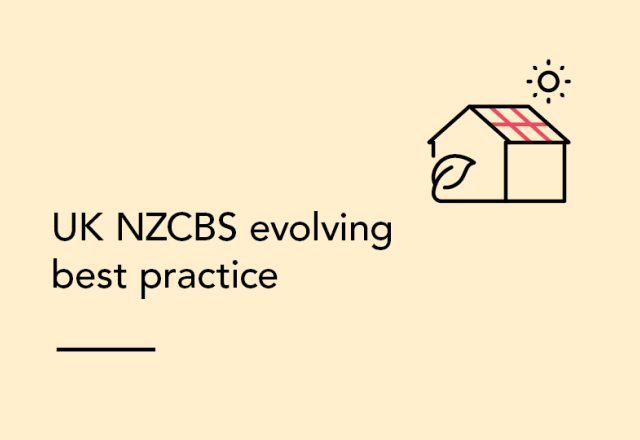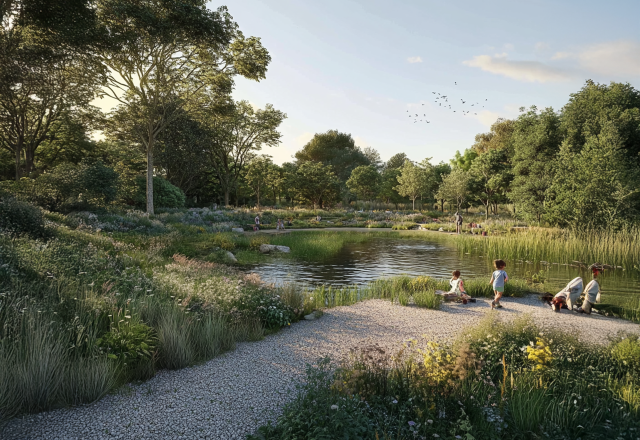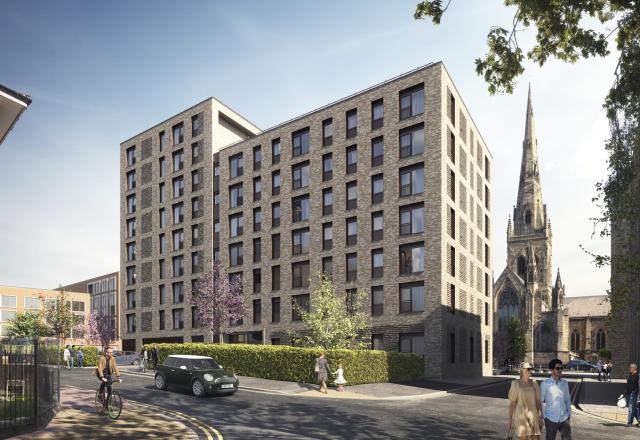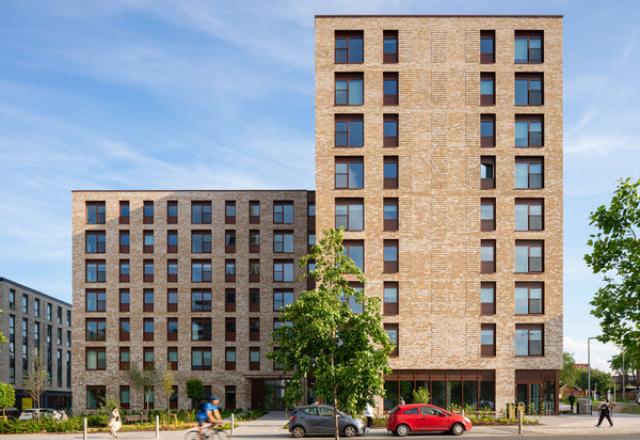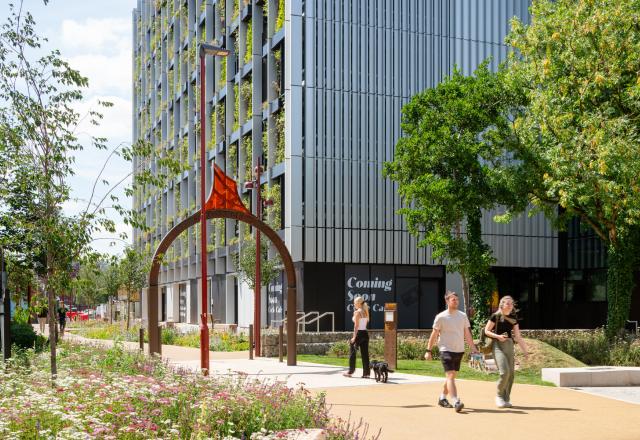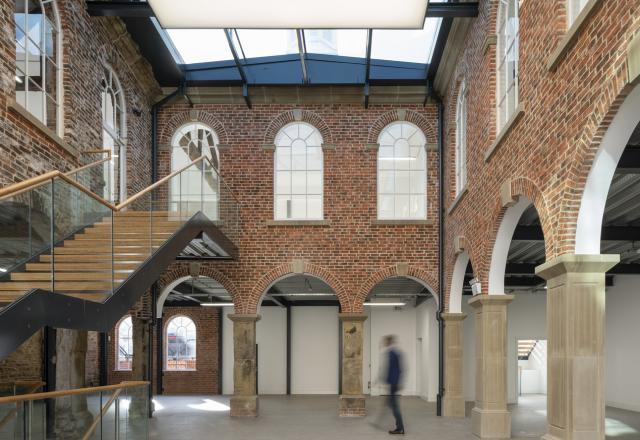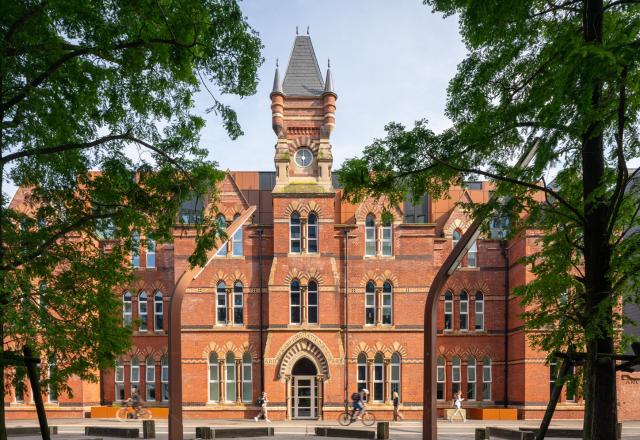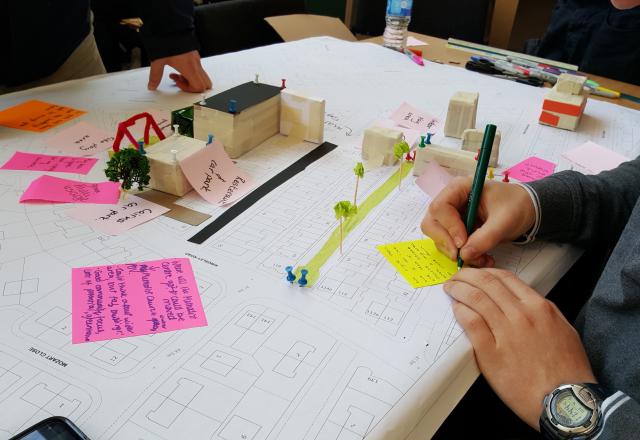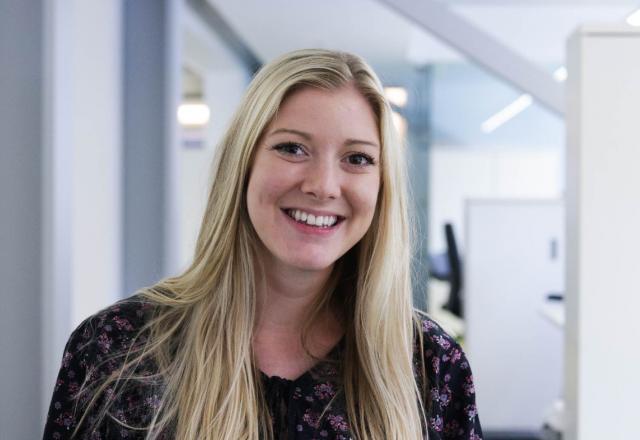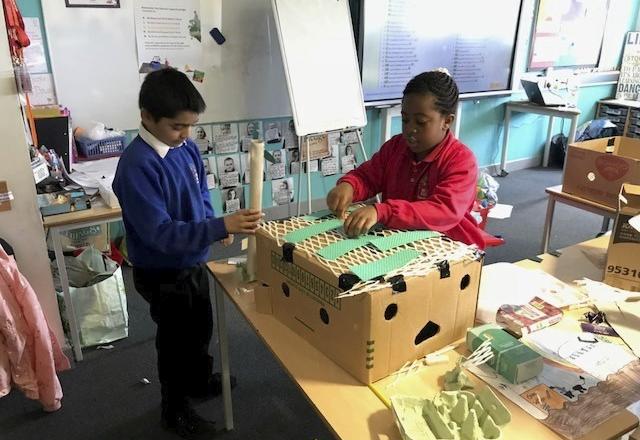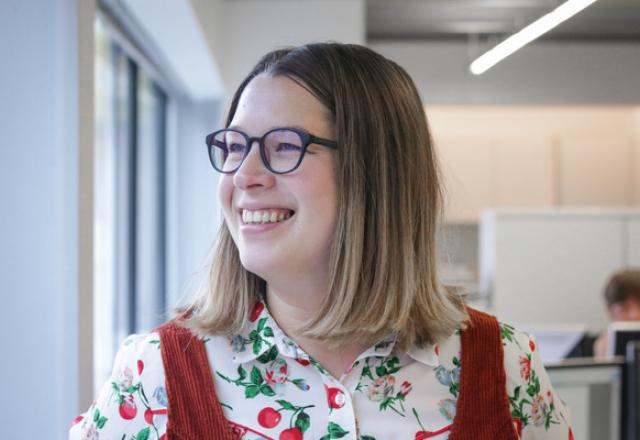Green credentials are incredibly important but are not the whole picture when we talk about sustainability.
How Buttress has moved the conversation on with Net Zero Carbon Buildings Standard
The UK Net Zero Carbon Buildings Standard is the UK’s first cross-industry standard that brings together net-zero carbon requirements for all major building types. There has been a clear demand for a single methodology to unite the industry.
More than green
At Buttress, we consider sustainability holistically.
As a business, we are a certified B Corp. This commits our business to a ‘triple bottom line’ approach where profit, people and planet are equally important outputs and measures of success. The process has clarified where our biggest impacts are and what we can do about them, mitigating the negative and celebrating the positive. Certification is just the start, becoming a B Corp is a commitment to continual improvement and runs through everything we do at Buttress. Our first annual positive impact report charts our progress so far.
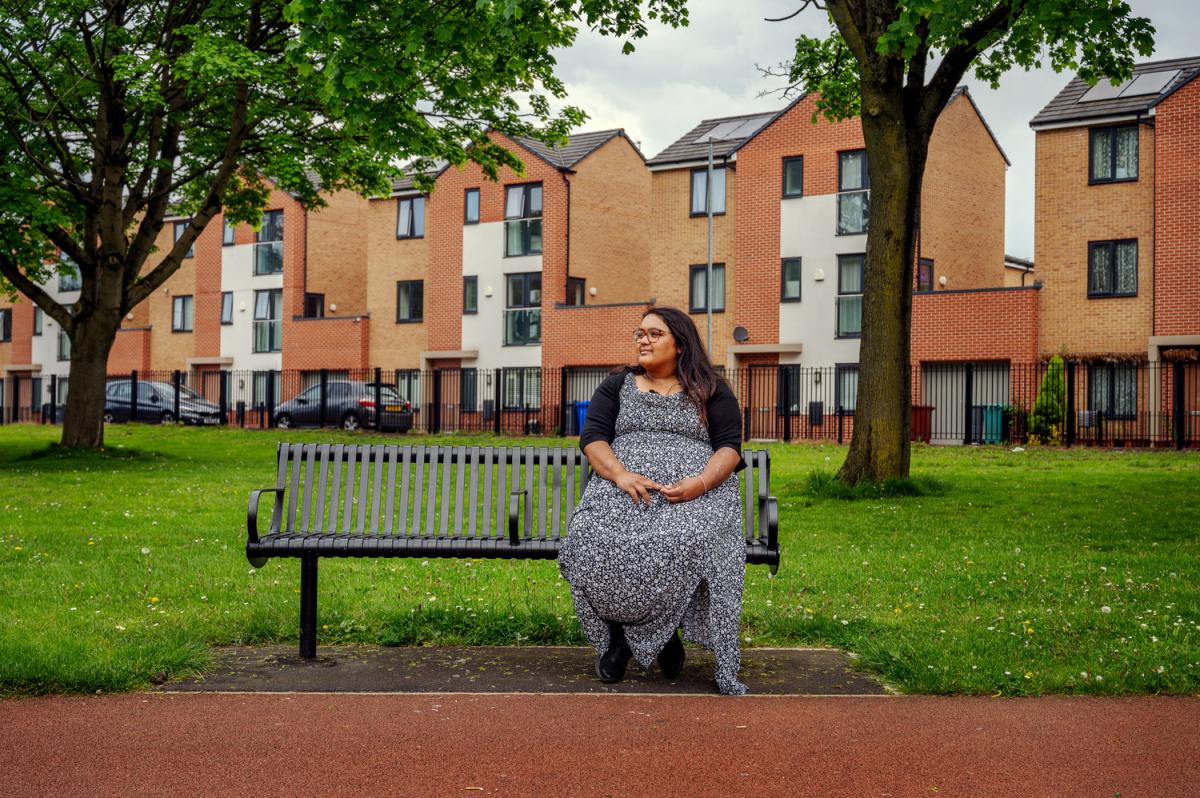
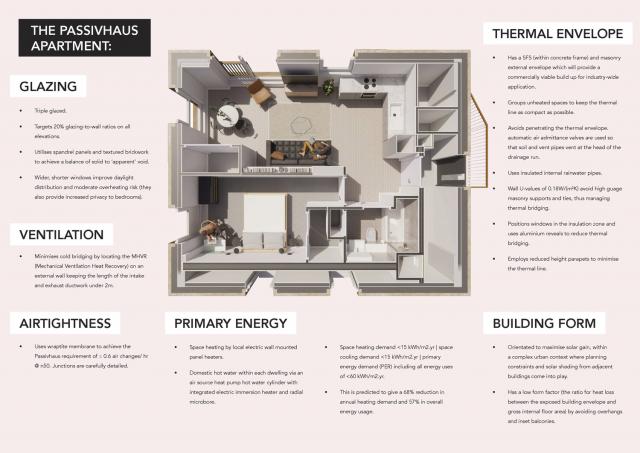
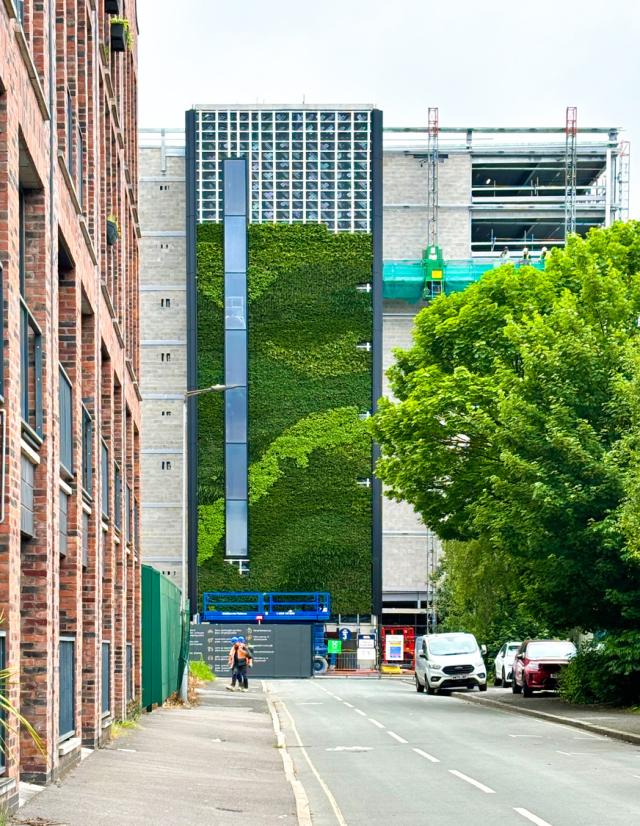
Clear about our impacts
We are conscious of the ability we have as architects to create a positive impact and do good through the integrity of our actions: our actions on environmental impacts, community and social impacts, our teams and our customers.
In 2022, Buttress became Planet Mark certified. This is an internationally recognised sustainability certification that gives us a metric of our current impact. It helps us understand where we are, and is also a commitment to continual improvement as we aim to achieve a 5% annual carbon reduction.
You can see our latest report here.
UK Net Zero Carbon Buildings Standard - evolving best practice
A new standard is on the horizon: the UK Net Zero Carbon Buildings Standard (UK NZCBS). The Standard is going to challenge us, and rightly so. Are we ready for it? Is it achievable? And what impacts might it bring?
Merton Meadow flooding alleviation scheme gets the green light
Less than ten days left to help shape the future of Merton Meadow
Greenhaus scoops sustainability award at Insider NW Residential Property Awards
Greenhaus has been awarded the sustainability prize at this year’s North West Insider Residential Property Awards.
Designing for the future
We are conscious of the ‘otherness’ that sustainable design approaches can promote. We think that a sustainable approach to architecture in its widest sense is fundamental to every project we do. We also think it needs to be part of our everyday and not ‘something else’ to have the biggest effect. This means we will speak to you about the impacts your project will have simply, and as standard. Every small change we make helps create a better bigger picture and improves our shared environment.
To create clarity on the impacts of our design decisions we have introduced a number of specific sustainability services, including an embodied and whole life carbon assessment, passivhaus designer and post-occupancy evaluations. This helps us to understand and better communicate how each and every design decision can have a cumulative effect upon, and help minimise, the carbon footprint of our projects.
Together with you, we will target the most rigorous approaches to minimise the carbon footprints of projects. We are currently designing to the 'gold standard' Passivhaus principals on numerous projects in the studio, and have our first multiple occupancy passivhaus building on site. All the understanding we gain from each project is shared across the studio and with our peers to improve our shared approach to design for the future.
Shaping places
We see value in what already exists. Perhaps it's our deep-seated experience of working with heritage, context and place, and perhaps it's just us, but if there is value in what already exists then that will be our starting point. A retrofirst approach is understanding what exists, the fabric, materials and place; and being pragmatic and open in our discussions to explore the case to retain and evolve as part of our work with you.
Where there is value in what already exists, that will be our starting point.
Working with communities
We engage with our communities, be they through shared places, identities, or values. This is as true for our business as it is for the projects we deliver. This might be through social value activity on projects or through support and championing of our social enterprise and charitable partners. We recognise the impact that thoughtful, collaborative design can have on society, and we work in true partnership with clients and stakeholders to deliver economic, environmental and social benefits to the communities in which we work, throughout project lifetimes.
Buttress sponsors PLACED Academy
The Academy is a free to access, creative programme about the built environment for 14–18 year-olds
Buttress named Social Value Company of the Year at UKREiiF
The award recognises best in class approach to embedding social value and EDI into company values.
Behind the B: Kim Corrall
Associate, Kim Corrall, discusses her passion for engaging with communities.
